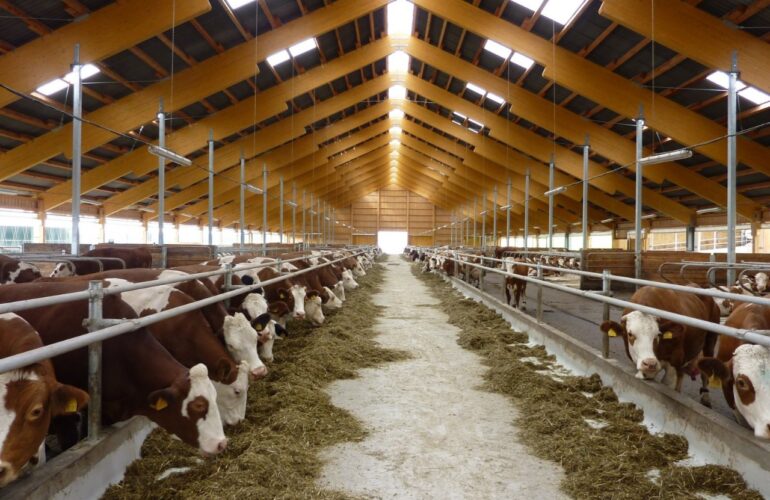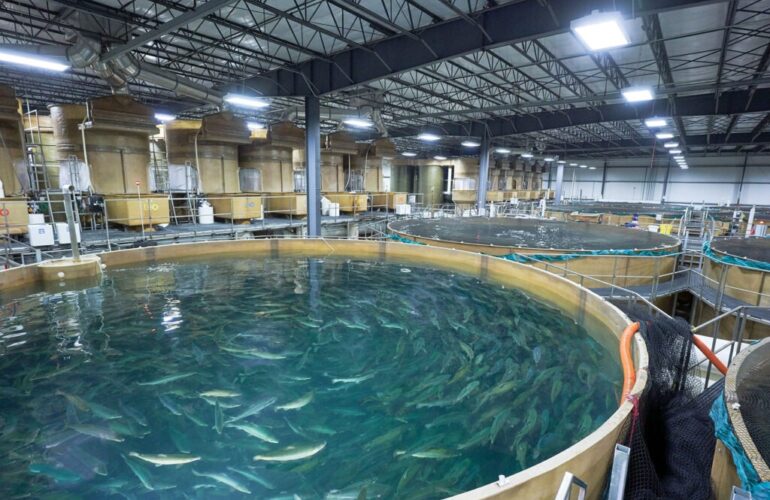Our Applications
The Impact of Zeolites on Plant Growth Stages
Soil and Plant Production
- Enhancing soil structure through increased porosity and reduced soil compaction.
- Mitigating soil erosion by enhancing soil stability and reducing surface runoff.
- Reclaiming degraded soil areas.
- Alleviating soil salinity.
- Effective removal of heavy metals and toxins from the soil.
- Zeolite improves soil aeration and facilitates the penetration of oxygen and sunlight, reducing harmful bacteria and enhancing the efficiency of beneficial bacteria to strengthen the root.
- Enhancing nutrient supply to the root zone.
- Enhanced water retention capacity prevents water stress and improves irrigation efficiency.
- Maximize biological activity and germination capacity by promoting vegetative growth.
- Enhance fertilizer use efficiency by increasing plant nutrient uptake.
- Increased macro- and micro-nutrient concentrations in various crops.
- Ideal for use in organic farming.
- Increases both quantity and quality of production.
- Enhances the concentration of active compounds in fruits, such as olive oil and organic acids in citrus fruits.
- Reduces reliance on chemical fertilizers and pesticides, producing safe and healthy products.
- Zeolite improved seed germination, quality, and vigor.
illustration
Zeolite's exceptional water retention capacity, one of the highest among natural substances, allows it to absorb and maintain moisture from the surrounding medium. This unique feature, combined with its ability to withstand temperature fluctuations without losing water, reduces water consumption in agriculture by up to 50% and enables optimized irrigation schedules.
As a soil amendment for fertilizers, Zeolite utilizes its absorption capabilities and the large porous area within each granule to enhance nutrient availability. Additionally, its negatively charged structure and cation exchange capacity (CEC) enable effective adsorption of nutrients, ensuring their retention and gradual release. This combination of absorption and adsorption mechanisms makes Zeolite an excellent soil amendment for fertilization.
Zeolite's absorption mechanism functions like a sponge, utilizing its porous structure to capture and hold water and nutrients until plants require them. On the other hand, Zeolite's high Cation Exchange Capacity (CEC) enables effective adsorption, allowing it to hold and gradually release plant nutrients magnetically. This dual functionality of absorption and adsorption makes Zeolite an exceptional mineral fertilizer for preventing nutrient loss while maintaining nutrient availability for plants and crops.
Our Applications
Zeolite provide us best applications for Sustainable Solutions


Palm Trees
Lorem ipsum dolor sit amet consem et ctetuering adipisc elit sed diam.

Landscape
Lorem ipsum dolor sit amet consem et ctetuering adipisc elit sed diam.

Catalysis
Lorem ipsum dolor sit amet consem et ctetuering adipisc elit sed diam.

Zeolite in Air Purification
Lorem ipsum dolor sit amet consem et ctetuering adipisc elit sed diam.

Animal Production
Lorem ipsum dolor sit amet consem et ctetuering adipisc elit sed diam.




